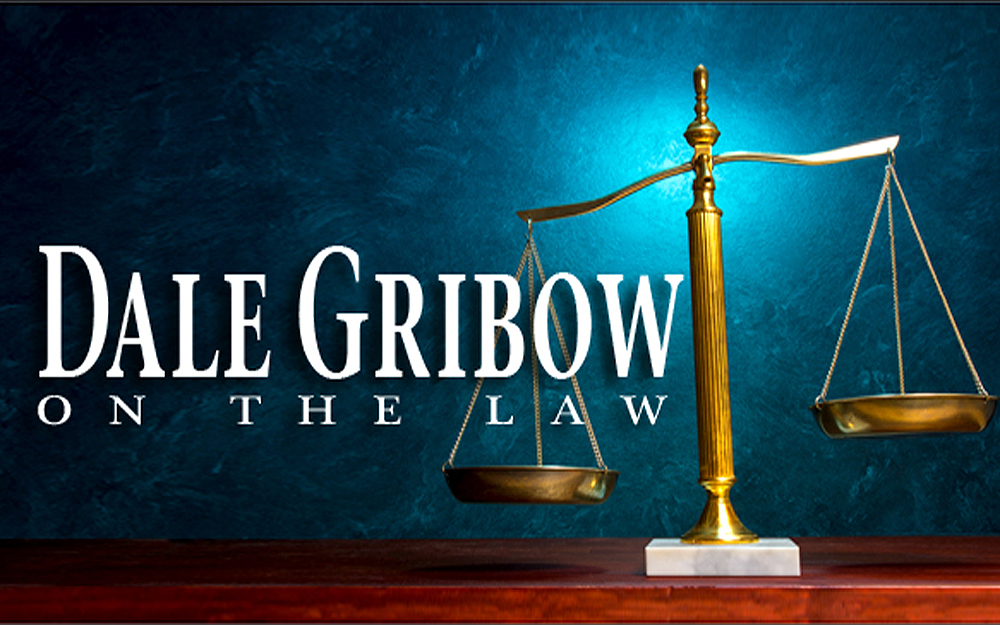
It is a shame we have developed into such a litigious society. You wouldn’t believe all the calls I’ve received in 2019 from potential clients asking if they can sue for X or Y. I explain anyone can sue for anything at any time. The pivotal question is will you win and can you find a lawyer who will “gamble” with you and handle the matter on a contingency rather than an hourly…and advance the costs.
An hourly lawyer will ask for a Retainer (an amount of money) to put into a trust account which will cover x hours of time and when that is almost used up the lawyer will ask for additional money. If a lawyer accepts a case on a contingency s/he gambles to the extent that if you don’t win then there is no money for the lawyer’s time and costs.
The lawyer also gambles that when you receive an offer that you don’t fire them and settle the matter yourself. This places the lawyer in a position of having worked on your case and not getting paid, and now has to sue you for the fees. You would not believe how often that happens to lawyers.
Every day we hear or read about an auto accident or slip and fall. For both you must prove Negligence. But what is Negligence? In the first year of law school all law students have a class called TORTS. A Tort is a simply a civil wrong and the most common is Negligence… which is the basis of all accident cases.
Negligence is the failure to act as a reasonably prudent person would in similar circumstances. This is called the Reasonable Man Test. However, the determination regarding what is reasonable and prudent is often left in the hands of jurors who, themselves, are not reasonable and prudent.
Attorneys representing the injured party, work to convince jurors that the defendant failed to act in a reasonable manner… thus resulting in injury or damage to their client. Defense Insurance Company attorneys try to counter the argument and cloud the waters to confuse the jurors.
We plaintiff attorneys (The Good Guys) have emotion on our side and defense attorneys have only factual evidence to present. In that regard we look at the elements of negligence? What is required for a person or entity to be considered “Negligent?”
To prove negligence 4 things are needed: A duty to act or not act; Failure to act or not act as required by the duty; Injury or damage occurs and Proximate cause.
Proximate Cause is often referred to as an unbroken chain of events, with no intervening incidents, between the failure to act and the injury or damage. If there are any intervening causes, negligence is questionable.
From an emotional standpoint, the plaintiff wants the jury to sympathize or feel sorry for the person that was injured and for the juror to put themselves in the same place. In that regard when a plaintiff lawyer selects a jury, referred to as voir dire, s/he looks for a juror that can relate to their client.
Sometimes it is someone who is the same age, sex, type of work, same background etc. In other words a juror who can think “but for the grace of god go I”. A juror who feels this way is more likely to award a favorable verdict for the plaintiff. The defense wants the opposite and kicks off “challenges/excuses” that juror.
The finding of the jury determines whether one can sue for a specific act or omission to act and the resulting negligence. Often we find cases with the same basic facts and inconsistent verdicts.
Remember: Silence is Golden and Handcuffs are Silver so DON’T TALK to POLICE of the INSURANCE CO without your lawyer’s permission.
SUGGESTIONS FOR FUTURE ARTICLE? CONTACT DALE GRIBOW 760-837-7500/ dale@dalegribowlaw.com.
DALE GRIBOW
REPRESENTING THE INJURED AND CRIMINALLY ACCUSED
“TOP LAWYER” – California’s Prestige Magazine, Palm Springs Life (PI/DUI) 2011-19
“TOP LAWYER” – Inland Empire Magazine 2016- 2019
PERFECT 10.0 AVVO Peer Rating
“PREEMINENT” Rating – Martindale Hubbell Legal Directory
“DON’T DRINK AND DRIVE OR TEXT AND GET A DUI OR ACCIDENT. CALL A TAXI, LYFT OR UBER. THEY ARE A LOT CHEAPER THAN CALLING ME”. SO DRIVE SOBER OR GET PULLED OVER.










































